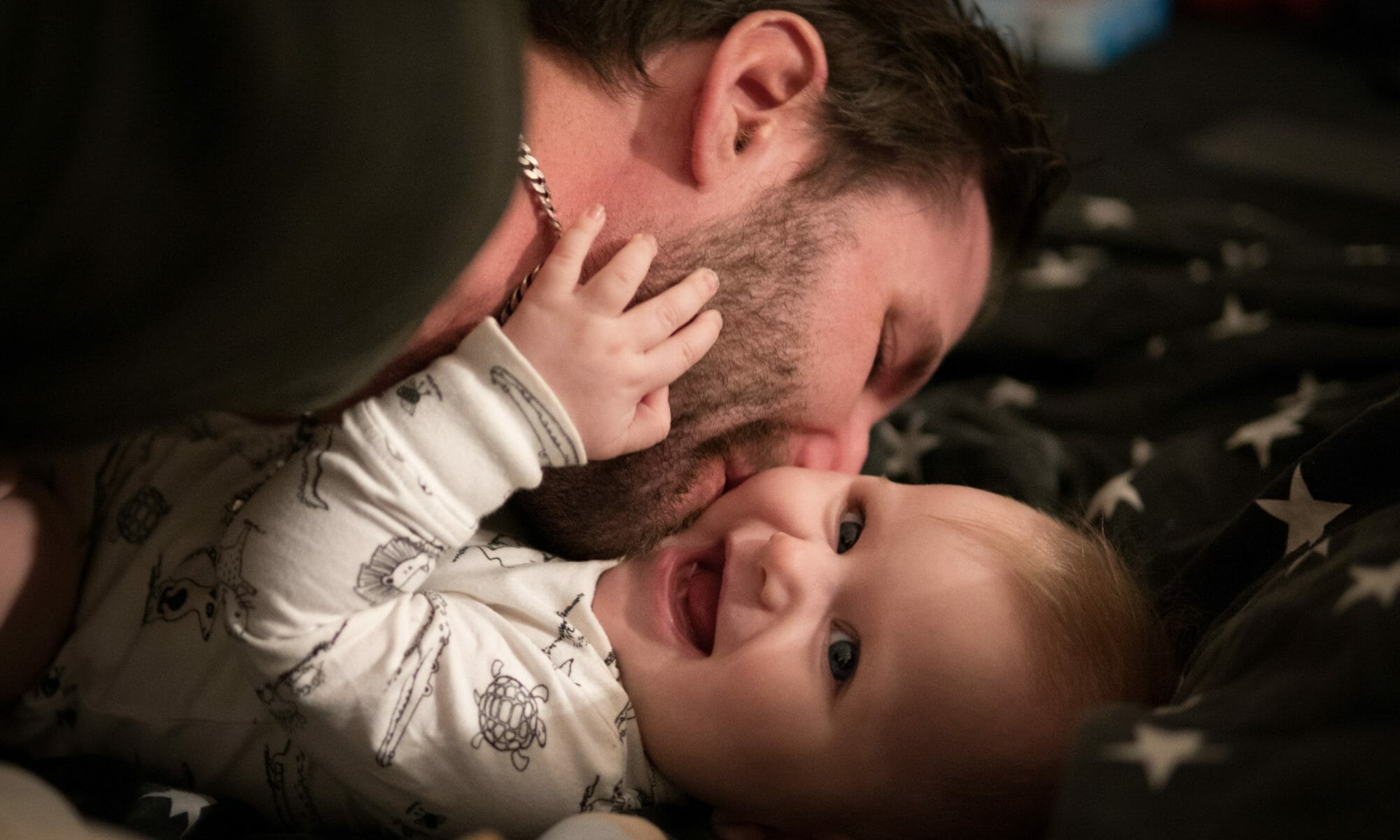It might take a few months, or even longer, but parents and kids will get used to a new normal after divorce. The kids will become accustomed to spending time with one parent at a time, and you and your ex will adjust too. But even when you sort out the logistics of everyday life post-divorce, certain holidays may always be a source of tension. With Father’s Day and Mother’s Day approaching, talking now about what will happen on these special days is an important part of making them run smoothly.
Joint Custody and Father’s Day: Potential Pitfalls
Especially if this coming Father’s Day is your family’s first since the divorce, having a happy and loving day with your kids probably feels really important. Hopefully that’s exactly what will happen, but it’s important to be mindful about all the potential obstacles that your family will have to navigate.
First, there’s the legal side. Your custody agreement will factor into how you handle scheduling these holidays. It’s not just up to your and your ex to decide what happens, so check that agreement first.
Next, think about your expectations for this special day. Father’s Day probably seems even more important now that you’re not with the kids every day, but expecting a perfect day of family bonding is probably not realistic. Your kids might be grumpy, the weather could be bad – any number of things could throw a wrench in the plans. Stay flexible.
And if you’re not able to get custody for Father’s Day, think ahead about what you can do on that day instead. Plan a full slate of fun and distracting activities with childless friends, or opt for a low-key day at home if you think seeing families out and about will be too hard.
Divorced parents deal with these issues around Mother’s Day, too. We’re focused on joint custody and Father’s Day today, but these same pitfalls and strategies are just as relevant to moms who aren’t scheduled to have custody on Mother’s Day.
Talking to Your Ex About Holidays
Who gets custody on a special holiday is a hotly contested issue between some divorced parents. This is an emotional issue, and being separated from your kids on a day when you’re supposed to be together can cause tension between your and your ex. It’s imperative that you don’t let that happen, as adding conflict to your relationship will hurt the kids.
Luckily, you can both understand the significance of these parent-specific holidays. One good strategy to get access to your kids when they’re scheduled to be with their other parent is to offer an even exchange. If the kids can be with you on Father’s Day, your ex can have them on Mother’s Day or on another important date of her choosing.
If your relationship with your co-parent is really strained, put your request in an email or ask a trusted family member to serve as a go between. Your ex still disagrees to your request for custody that day? Suggest the whole family gets together for a meal so you can at least see the kids for part of the day.
Talking to Your Kids About Holidays
If your discussions about joint custody and Father’s Day go nowhere, you’ll have to prepare yourself and your kids to be apart on this day. The best strategy? Ignore what the calendar says and establish your own [Last Name] Family Father’s Day, on a weekend when you have custody.
Your kids might ask about why they won’t see you on Father’s Day, especially when they notice their friends are spending the day with their dads. Be honest and sympathetic, making sure not to blame your ex for the scheduling. Say something like, “I’m disappointed too, but it’s your weekend to be with mom and it’s important that we stick to that agreement. We’re going to celebrate on [date] instead!” If possible, make a plan to video chat with the kids on Father’s Day so you can share a meal or read a book together, even if you can’t be physically together.


































